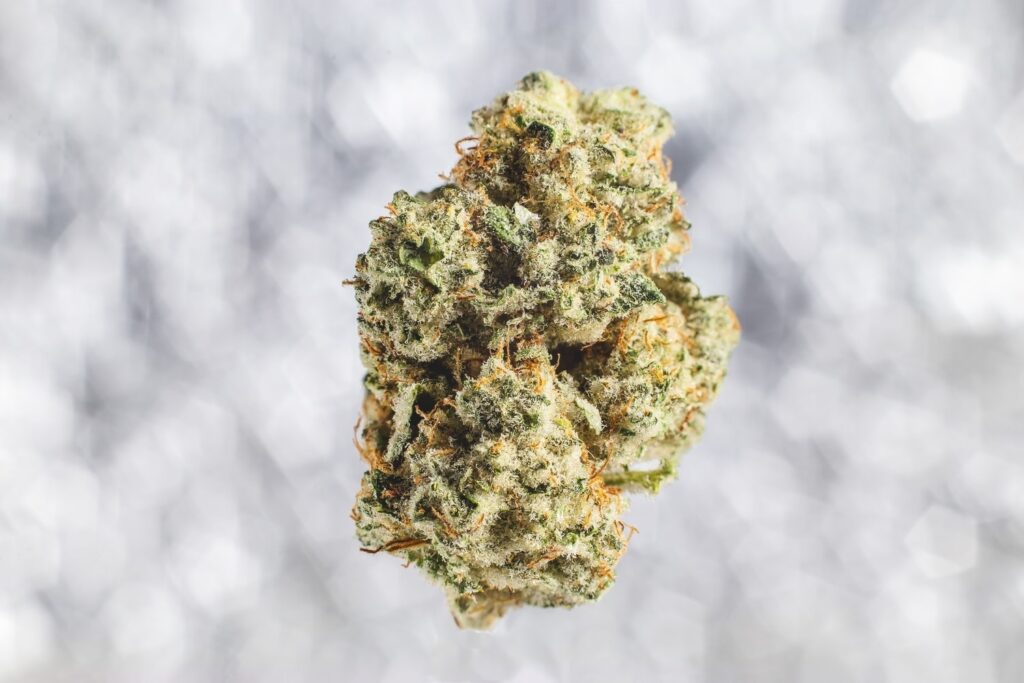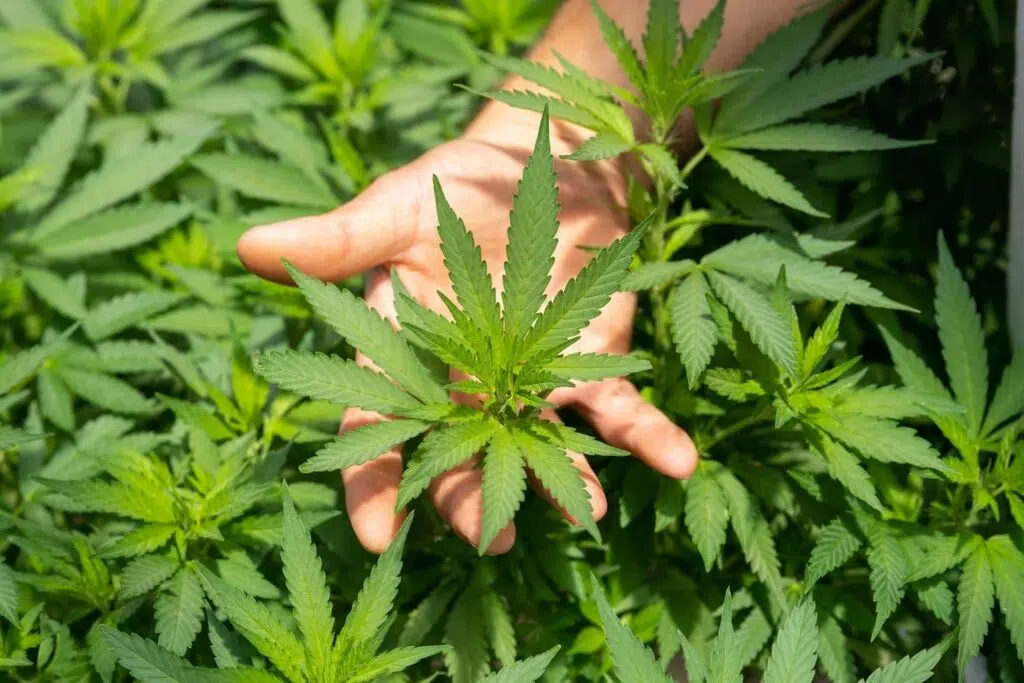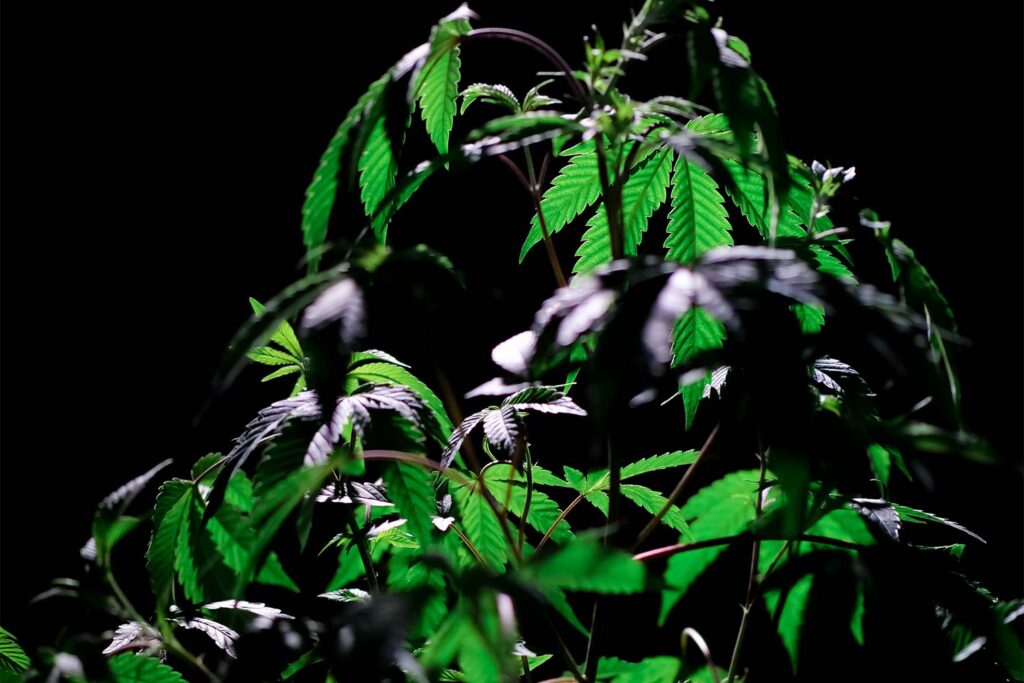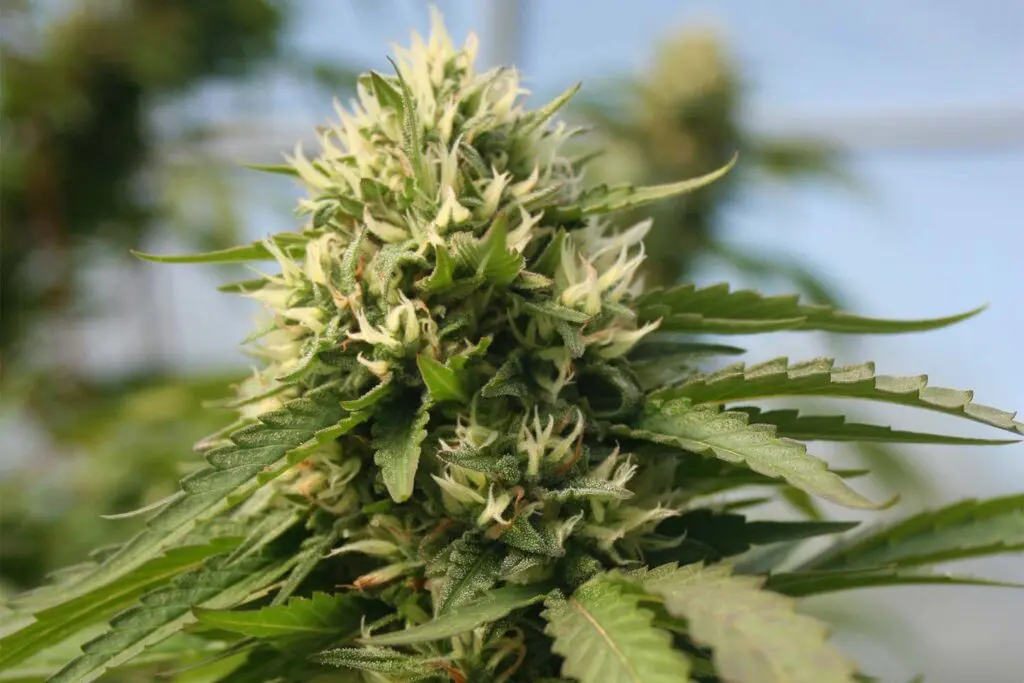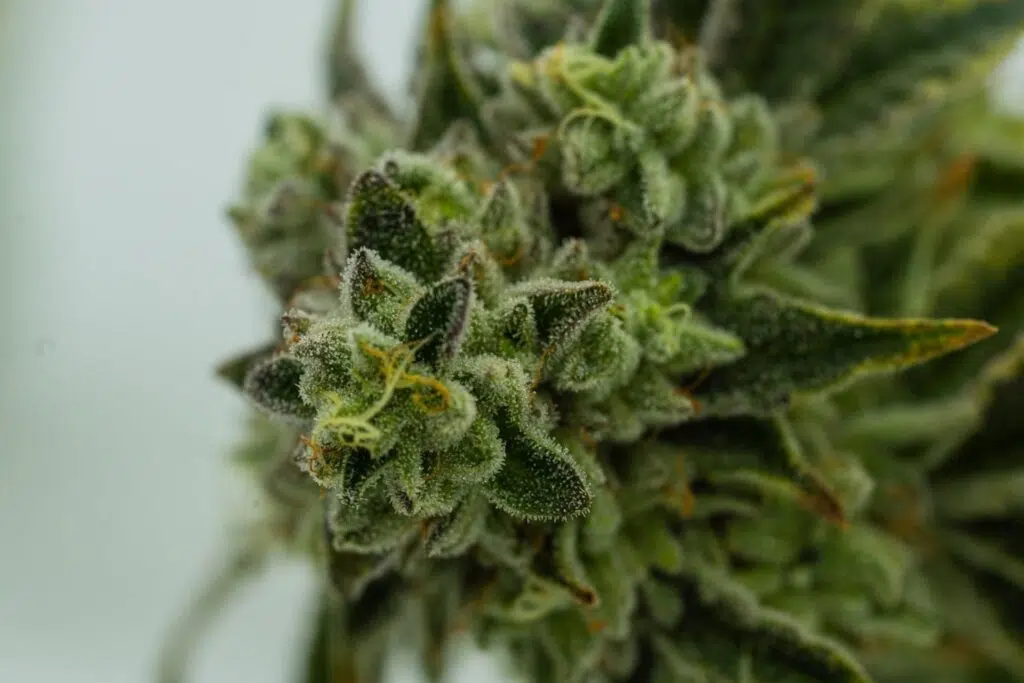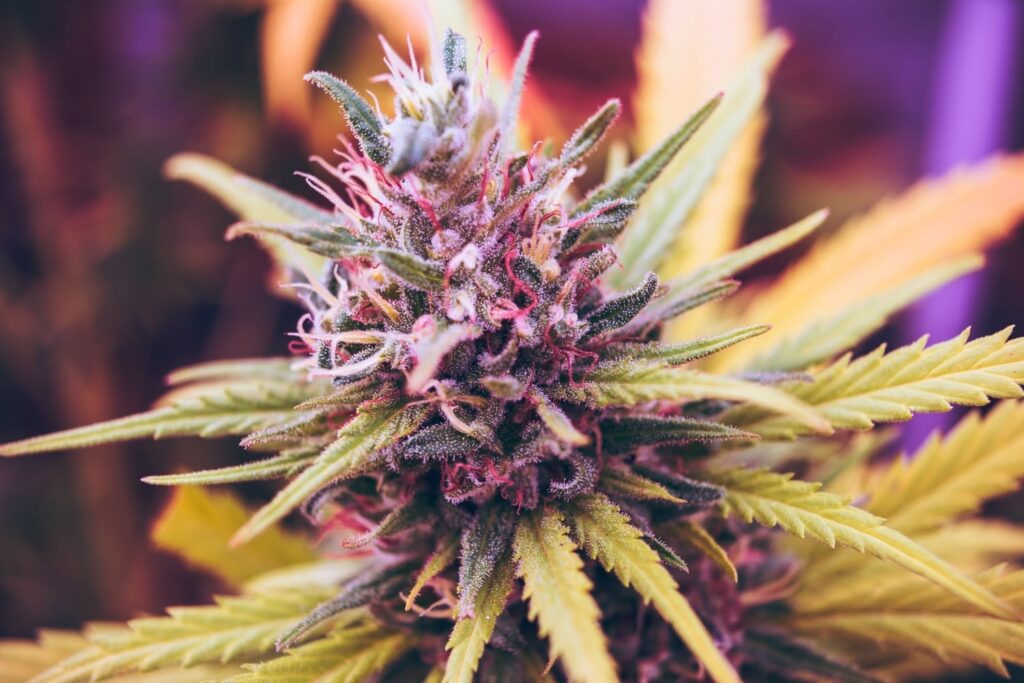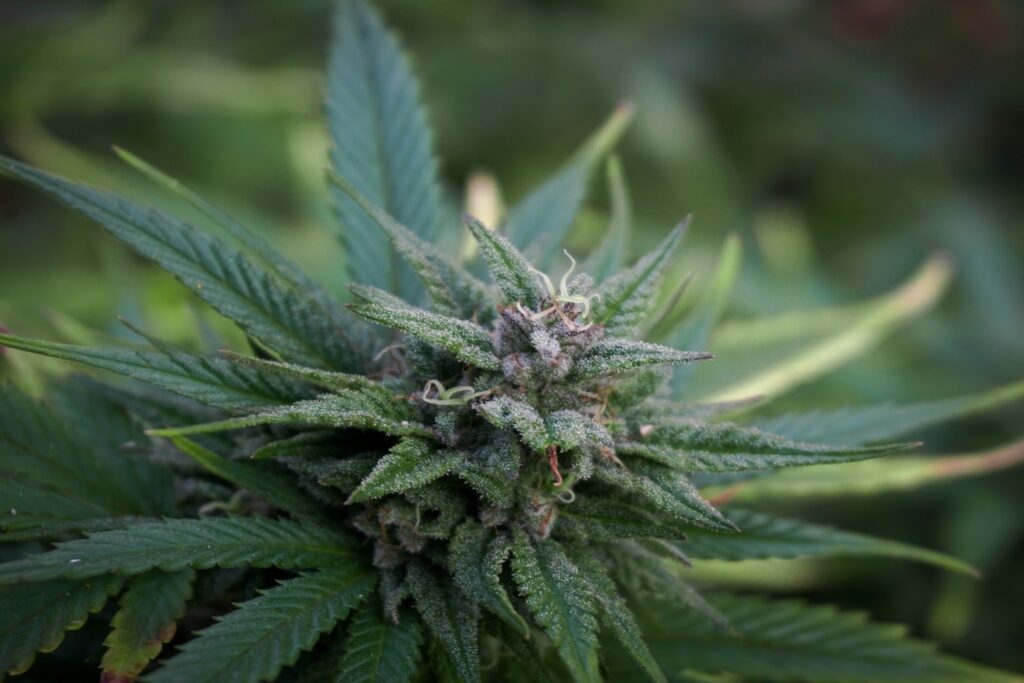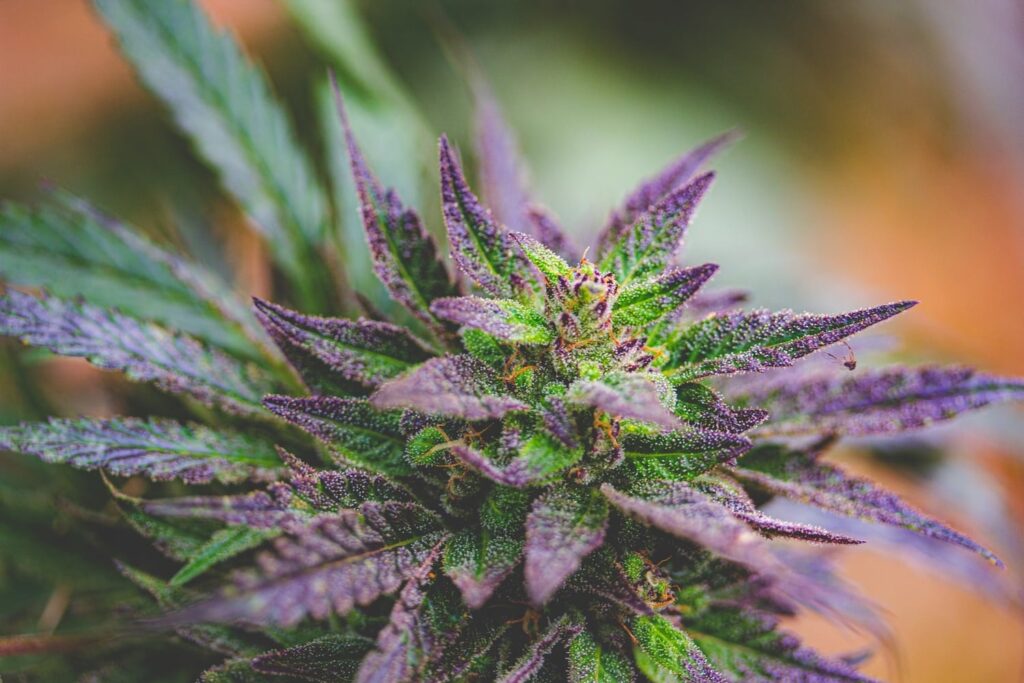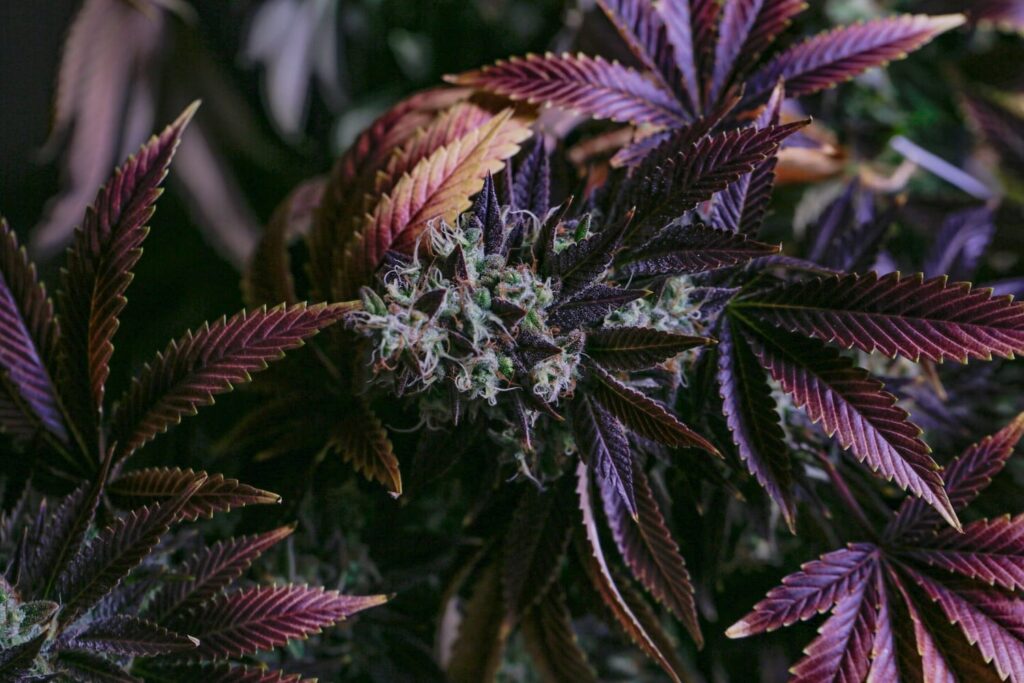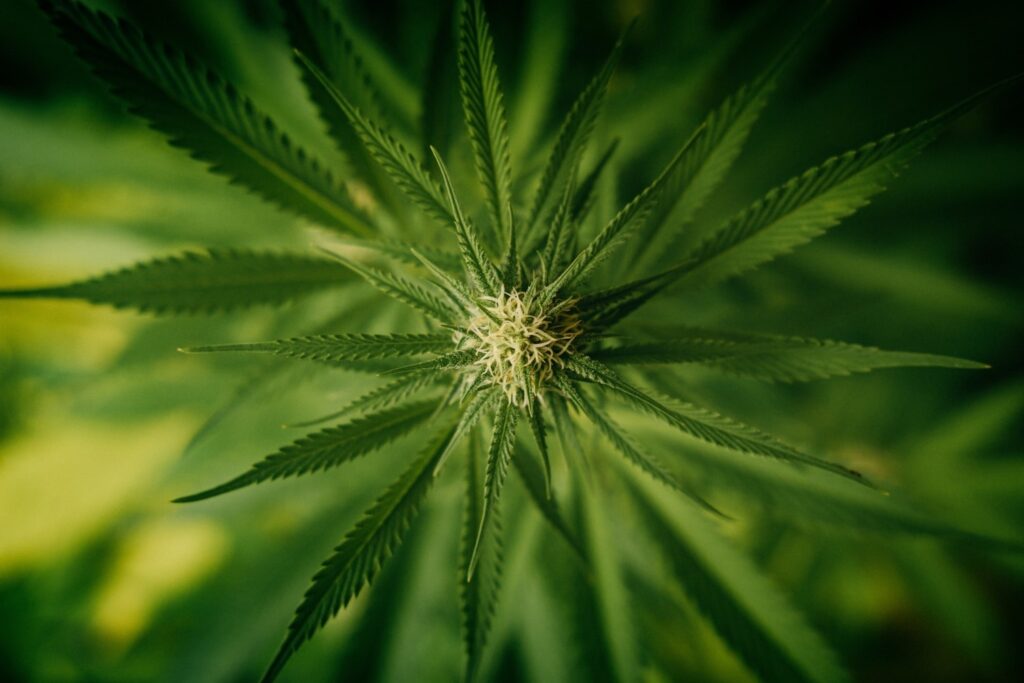Economic Reasons Why Marijuana Should Be Legalized Federally
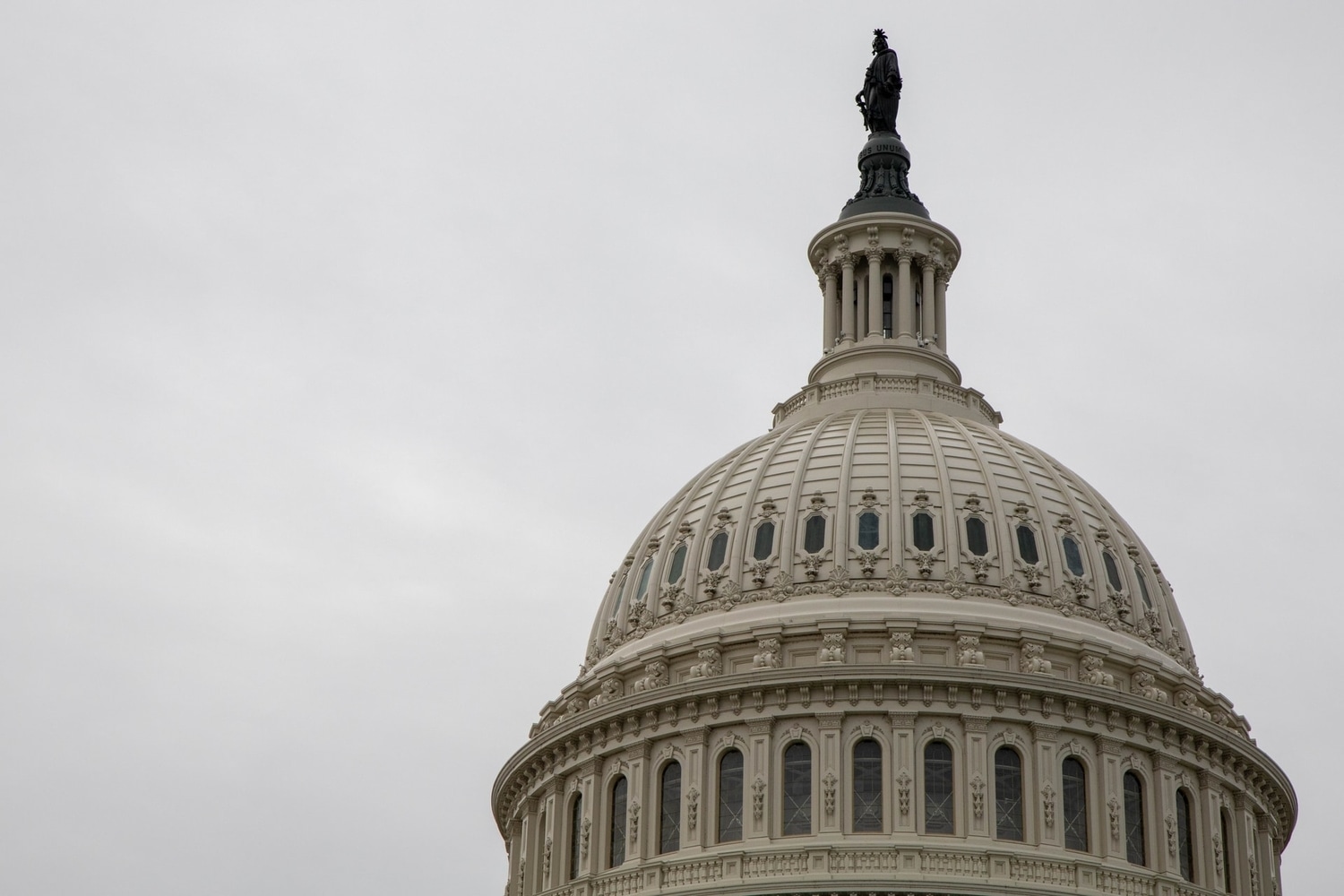
Marijuana legalization has been a very controversial topic over the past few years, hitting its peak this year.
With Congress’ historical decision right around the corner, the fate of federal marijuana legalization hangs in the balance.
Feature photo source: Unsplash
Members of the US House of Representatives are expected to vote Friday on The Marijuana Opportunity, Reinvestment, and Expungement Act (a/k/a The #MOREAct).
Why is this a really big deal?
Read our blog: https://t.co/nCTNN9mVXy pic.twitter.com/9HwUvtxlCt
— NORML (@NORML) December 3, 2020
New States that have Legalized Marijuana
The substance currently termed as a “Schedule I controlled substance” somehow got five more states to legalize it in November.
These five new states include New Jersey, South Dakota, Montana, Mississippi and Arizona. Mississippi voted to allow medical marijuana.
This brings the total states in support of recreational adult use to 15. Medical marijuana is legal in 35 states today.
Why all the Fuss?
Despite national support for federal legalization being at an all-time high, federally, marijuana is still considered illegal.
Because of this, federal agents can still arrest those in possession of the drug, even if it is legal in that particular state.
The MORE Act
The Marijuana Opportunity, Reinvestment and Expungement (MORE) Act is every marijuana enthusiast’s dream.
It was introduced in 2019 in a bid to remove marijuana from the federal Controlled Substances Act.
The U.S. House of Representative is scheduled to deliberate this week on the legislation which calls for federal legalization of marijuana. This landmark ruling stands a chance to change the trajectory of marijuana forever.
The UN Reclassifies Cannabis
The United Nations on Wednesday reclassified cannabis from its Schedule IV classification. It is no longer termed a risky narcotic like heroine and opioids.
Many hope that this is a precursor to the direction in which the House of Representative’s vote will fall.
While many arguments have been made against marijuana, legalizing it has various advantages to the US economy, as well as the well-being of its citizens.
Marijuana as an Economic Booster
Marijuana is a burgeoning billion-dollar industry and admittedly one of America’s top-selling agricultural products. Legalizing marijuana could mean a big push to state economies which have been greatly affected by the pandemic.
Mary Jane sales in the US in 2019 alone totalled upwards of $12 billion.
California contributed to a huge chunk of those profits. Over the last two years, California’s cannabis sales generated $411.3 million in excise tax, $98.9 million in cultivation tax, and $335.1 million in sales tax.
Within the first year of opening marijuana retailers, The Massachusetts Cannabis Control Commission reported sales worth $393.7 million.
The cannabis analytics company New Frontier reported that in five years, federally legal cannabis could generate over $100 billion in aggregate federal tax revenue.
Reduce Financial Burden On The Judicial System
Efforts to reduce marijuana use in the United States over the past four decades have largely depended on arrest, imprisonment and incarceration. The government spends approximately $29 billion every year on enforcing drug prohibition alone.
Police dedicate $3.6 billion annually to enforcing possession laws and make about 820,000 arrests per year.
Legalizing weed federally means a significant portion of these billions could be reallocated to other sectors of the economy.
Marijuana Criminal Record Expungement
Making cannabis legal at the federal level has the ripple effect of clearing criminal records of those affected.
In various different states, being caught in possession of marijuana, no matter how little, results in a criminal conviction.
Criminal convictions often carry collateral consequences and long-term financial effects on individuals and their families. These include restrictions on professional licensing, government benefits and more.
Reduces Inequalities
For a long time, the judicial system’s reputation has been tainted by racial inequalities and social injustice. Cannabis arrests in particular have demonstrated the clear racial disparity in the judicial system.
A 2020 analysis by the American Civil Liberties Union, concluded, “Black people are 3.64 times more likely than white people to be arrested for marijuana possession, notwithstanding comparable usage rates.” Authors reported, “In every single state, Black people were more likely to be arrested for marijuana possession, and in some states, Black people were up to six, eight, or almost ten times more likely to be arrested. In 31 states, racial disparities were actually larger in 2018 than they were in 2010.”
Through legalization, these disparities will reduce significantly restoring faith in the justice system.
Reduces Crime and Violence
The black market is thriving partly because cannabis is still illegal. By virtue of the nature of the business, acquiring and selling marijuana illegally means higher chances of gang-related crime and violence. This leaves Americans vulnerable to attacks.
Legalization would reduce the proliferation of the sale of cannabis on the black market. Therefore, marijuana-related crime would go down.
Job Creation and A Source of Income
Lastly, legalizing the drug would create employment for many people in the country. There are many stages of involved before a sale is made, including growing and manufacturing where people are needed. More dispensaries mean more manpower.
According to Leafly’s 2019 Cannabis Jobs Count, cannabis directly employs more than 211,000 full-time workers in the U.S.
With federal legalization, cannabis jobs could power the US economy to great heights.
Marijuana, therefore, may well deserve a yes at the federal level.

